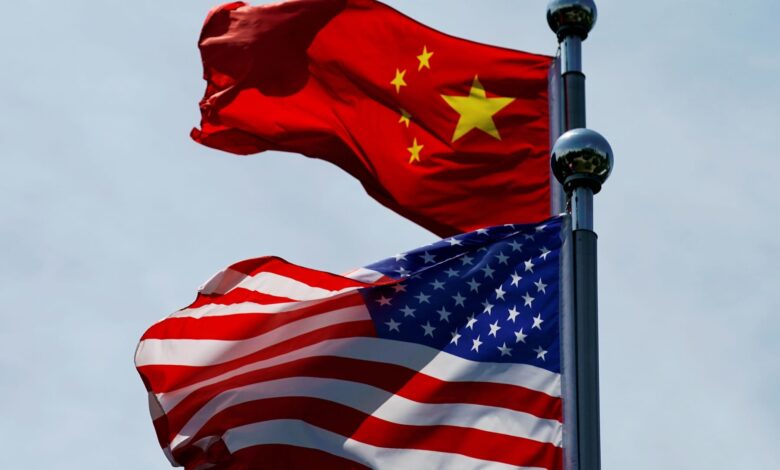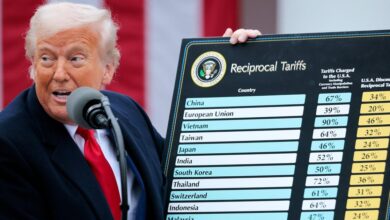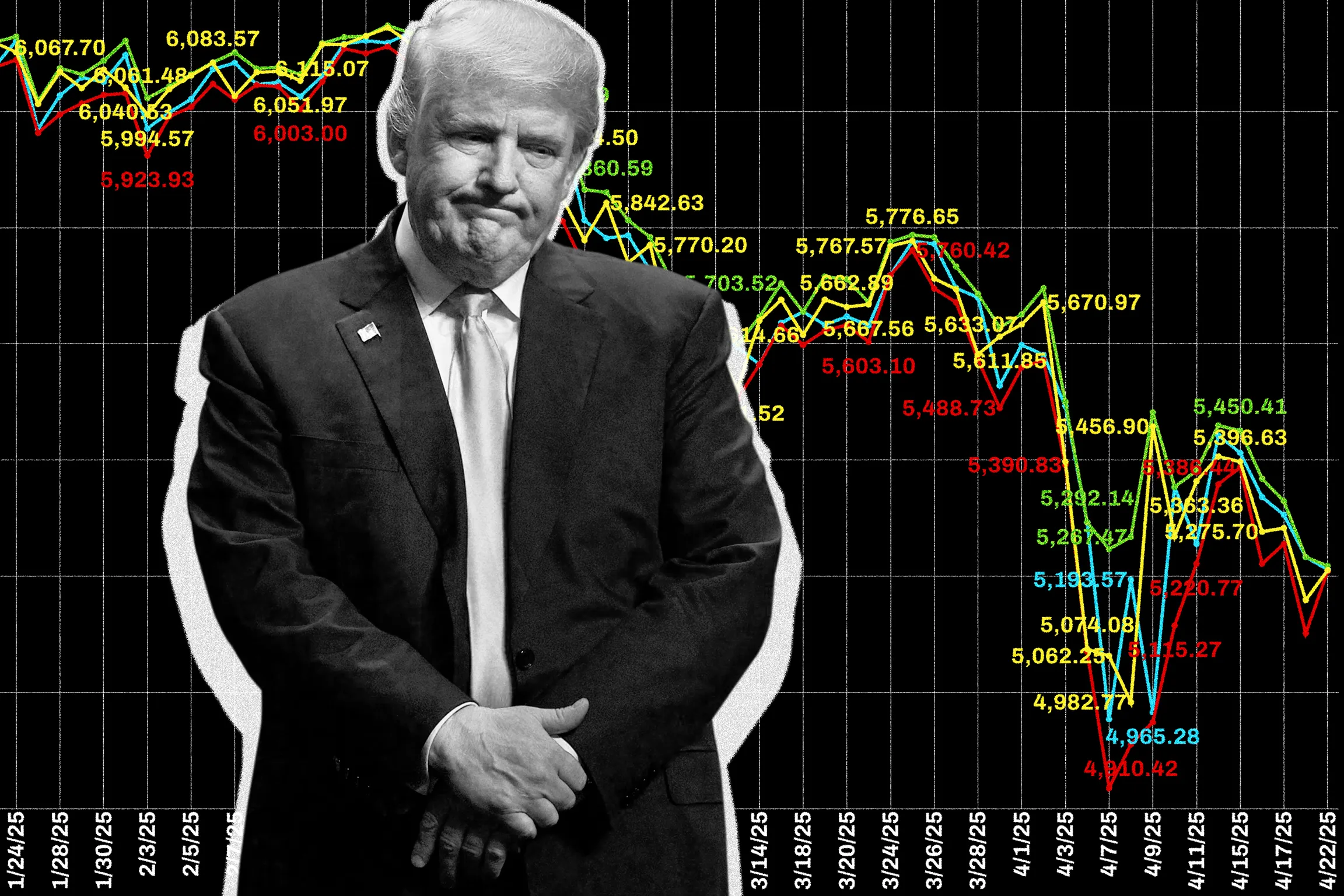China to impose 34% retaliatory tariff on all goods imported from the U.S.

China’s Finance Ministry made a bold move on Friday by announcing a 34% tariff on all goods imported from the U.S. starting on April 10. This decision comes as a response to the recent tariffs imposed by U.S. President Donald Trump’s administration. The Ministry emphasized the need for the U.S. to cancel its unilateral tariff measures and resolve trade disputes through respectful and mutually beneficial consultations.
The Chinese government criticized the U.S. decision to impose additional reciprocal levies on China, bringing the total U.S. tariffs against the country to 54%. This move was deemed inconsistent with international trade rules and was seen as seriously undermining Chinese interests. The Chinese state news outlet Xinhua reported that these actions could endanger global economic development and stability in the production and supply chain.
In addition to imposing tariffs, China also added 11 U.S. firms to its unreliable entities list for violating market rules or contractual commitments. The Ministry of Commerce included 16 U.S. entities on its export control list and announced the implementation of export controls on rare earth-related items like samarium, gadolinium, and terbium.
Furthermore, China filed a formal complaint against the U.S. with the World Trade Organization, stating that the U.S. tariffs policy violated WTO rules and damaged the legitimate rights of WTO members. This move was seen as a serious threat to the rules-based multilateral trading system and the international economic order.
Former President Trump weighed in on the situation, criticizing China’s response on his Truth Social media platform. He stated, “CHINA PLAYED IT WRONG, THEY PANICKED – THE ONE THING THEY CANNOT AFFORD TO DO!”
The escalating trade tensions between the U.S. and China have raised concerns globally. Analysts predict that China may shift towards other trading partners and implement stimulus measures to boost its economy, which has been facing challenges like a property crisis and weak consumer sentiment post-Covid-19.
The mutual tariffs between the U.S. and China are expected to impact a trade relationship valued at $582.4 billion in goods in 2024. The global markets reacted negatively to the news of China’s retaliatory tariffs, adding to existing concerns about inflation, recession, and global economic growth risks following the U.S. tariffs.
In conclusion, the trade dispute between the U.S. and China continues to escalate, with both countries taking strong measures to protect their interests. The impact of these tariffs on the global economy remains uncertain, but it is clear that the trade relationship between the two economic powerhouses is at a critical juncture.





